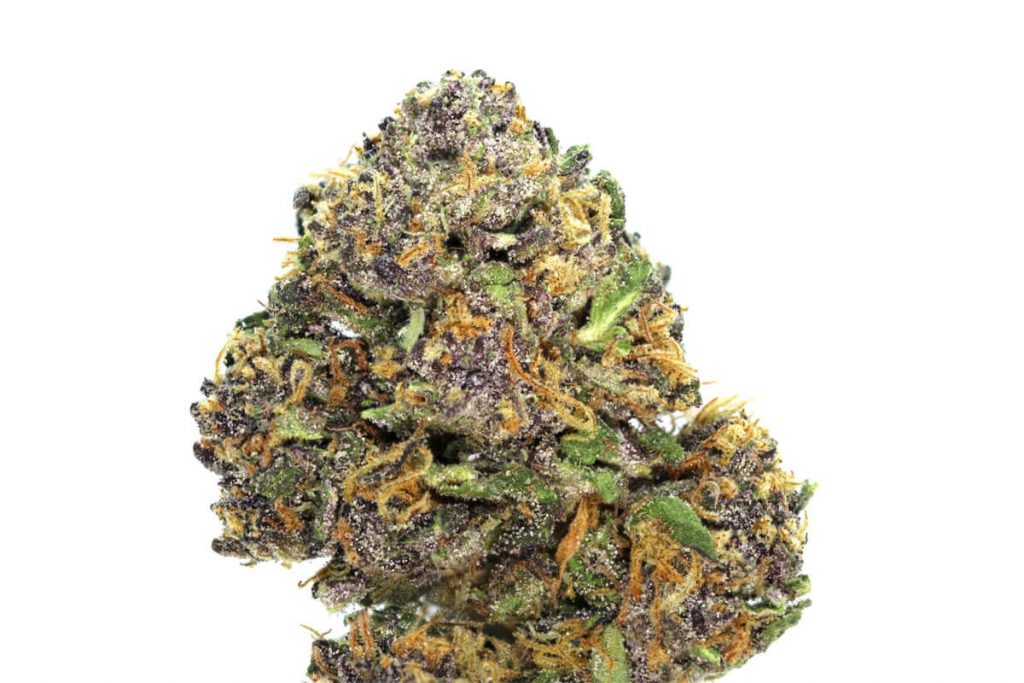“Kush” would be a word you may not be comfortable with once you begin out on a Weed producer. Although frenzied thoughts of attempting to push a plant material down a drain can leap to view, Kush is basically if you avoid supplying nutrients to your plants and instead of giving them liquid. Generally speaking, the method looks as simple as it is; after all, knowing exactly once to flush or how many seems to be a more sophisticated skill.
Kush is a convenient and simple technique that can enhance your Weed buds’ consistency and sweetness before growing season. Sounds sweet, doesn’t it? Naturally, it is! But farmers do need to be vigilant before harvesting with Kush, although if you’re doing it very soon you will potentially damage your efficiency and decrease your outputs. In this article, we will provide information about what kush weed is and the proper execution with all the things that you need to know about this method.
What is Kush Weed: The Basics
How would you like to remove all the nutrients off the ground? It doesn’t affect your crops? It helps a major manner of harvesting yourself. This allows the Weed production to use whatever residual nutrients are left available in the ground after the minerals are stripped from the surface. This is like our human bodies quite a lot. We‘re taking plenty of meals and turning what we never use into fat. In acute conditions when food is limited, the body depends on nutrition on the accumulated fat.
The minerals should be diluted with water enough for roots to obtain nutrition. The roots do not have nutrients that are preceded, whether in a mixture or attached in a chemical system, even though they are abundant. Kush through water will flush off the contaminants already within the formula.
The Use for Kush Weed
The TDS and EC with pH meters are important tools needed to modify water liquid fertilizer appropriately. If the pH is outside the recommended range ( i.e., too low or too high) vitamins and minerals fall out from the formula and oxidize. That indicates heavy particles are forming solids and falling out of the product. Plants consume their vitamins instead of ingesting them, so they do not have nutrients that are instigated. With these tools, you can now start going further on how to flush Weed.
The difference Between Active and Passive Kush
The distinction between active and passive Kush is that at some level, due to the urge to maturate the crop quicker, whether by another person or by nature. To assist the plant to mature faster is done by eliminating the nutrients from the soil. The main nutrient which is separated in this process is N or Nitrogen, so it also removes several other water-soluble enzymes. Plants that grow in mixed soil are flooded with water which extracts the salts which will be drained away. Depending on how extensive the flush is, it removes more than needed, or even almost all the essential nutrients. These will be mostly replaced by a new fruiting formula which may include certain macro but rather micro pesticides and also estrogen, enzymes, or sucrose.
Crops react swiftly to these abrupt changes in the external environment whilst also concentrating their power on flowers maturing rather than continuing flower development.
Steps for Proper Kush Weed
What is the Outcome of Kush?
Weed Kush is an easy process. It is easy. Any time you normally eat, instead, you wash. All you need to be used for Kush is raw plain water, just ensure that the pH for weed is healthy. Water very likely maintains a balanced pH, so if you still need to change the pH of your Kush liquid with the appropriate treatment, please be sure in doing so. Also, one thing you have to think about is pH changes. Goes to show more about what kush weed is.
The only period that Kush isn’t allowed would be when developing in a modified soil profile. That is why all the minerals the crops need to survive are already in that soil. By overrunning the vegetation, you can wipe away as well as harm the diverse system you have tried incredibly hard throughout the land to also develop. Also, these crops nearly always receive clean water all through washings. In this landscape, plant uptake of nutrients is normal, vibrant, and easy for the flower to generate.
Even so, the absence of Kush really shouldn’t be a problem since there are no synthesized or additional nutrients introduced to this interface. Instead, your crops depend on microorganisms that split down and carry organic content to either the roots.
Taking the additional time even after weed is picked to heal the bud towards its full potential. On the hardpoint, a good treatment will slash, even more, eliminating things such as unnecessary chlorophyll. You’ll be astonished at the distinction this little effort can make with your goods. During the first inhalation of such a perfectly soft haze which reaches the rear of your mouth as gentle as sugar, all of one‟s hard work would show. This is a polished essence at its best. You can improve your Weed output by adding extra water!
Conclusion
When it applies to what is kush weed, there are no conclusive responses. No one here has completed the form of intense scientific trials it would end up taking to be free to pronounce the accurate perfect place and moment to flush with legitimacy, what the actual composition will be, or whether it’s that much good enough to justify it first. From other observations, Kush tends to allow for the nicest buds against disadvantages for at minimum a few days, two to four weeks until harvesting.
